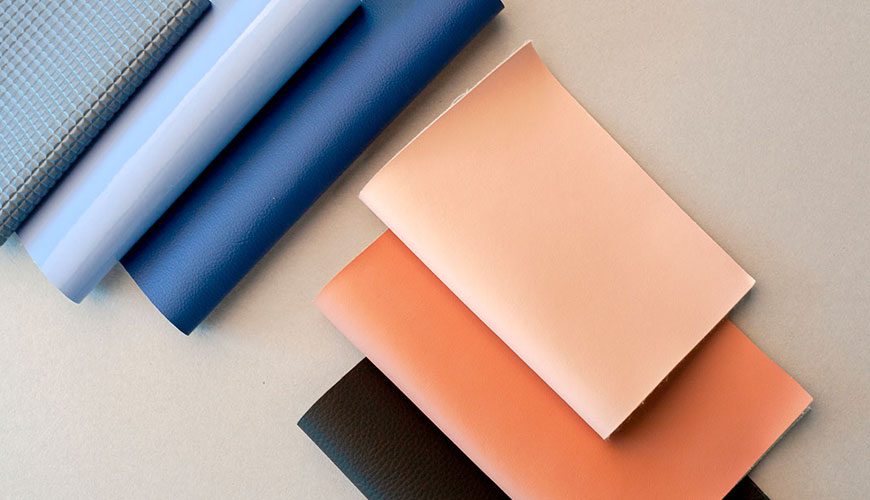

Developed by the British Standards Institute (BSI), the BS 3424 standard describes methods for a wide variety of coated fabric properties. An appendix presents test methods specifically designed for government agency use.

Coated fabrics are fabrics that go through a coating procedure to become more functional and retain additional properties, such as making cotton fabrics impermeable or waterproof. Coated textiles are used in a variety of applications, including the development of waterproof fabrics for blackout curtains and raincoats.
Coating is the application of chemicals to the fabric surface to make it functional or decorative. Coatings use less material than other types of applications, such as exhaust or padding on the ram.
Coated fabrics can be made in a variety of ways depending on the coating components used, such as chemicals and particles. Rubber, plastic and vinyl coatings are just a few examples. Nano fabrics are coated with a wide variety of nanoparticles to make the fabrics with advanced properties such as ultrahydrophobicity, medical textiles (antimicrobial resistance), Ultraviolet protection and flexibility.
Nanofabric coatings create fabrics whose fibers have better durability and wearability, and less coating material is needed compared to conventional finishes due to the in-line structure.
Our organization, EUROLAB, also provides testing services to enterprises within the framework of laboratory services of materials, within the framework of BS 3424 Test Methods for Coated Fabrics.
To get an appointment, to get more detailed information or to request an evaluation, you can ask us to fill in our form and reach you.